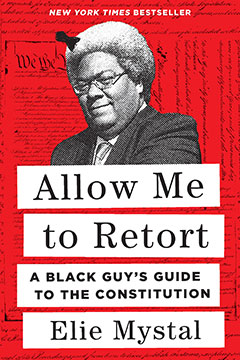Maybe twenty years ago, a man who had nowhere to go was sleeping on the National Mall in Washington, D.C. He had duct-taped a knife to his hand.
My memory’s vague on this, but I think he had some trouble with his hands, which was why he used the tape to keep the knife handy. I know why he had a knife: he was living on the street and trying to keep himself safe.
Park police officers came along and woke him up, probably not gently. He jumped up, likely disoriented, knife in hand. He didn’t attack anybody, but he waved the knife.
The cops yelled, “Drop the knife,” but of course, he couldn’t drop it.
So one of them shot him. Killed him. Killed him for nothing more than sleeping in a public place and being prepared to protect himself.
I imagine the cop who shot him was scared that the man might attack him or someone else. I doubt this was a case of a cop killing someone just for the hell of it; it sounded more like the case of a cop who didn’t know what else to do.
The cop had a gun. He’d been trained in the use of a gun. He really didn’t know how to respond with anything but a gun.
Remember the old adage about how to a person with a hammer, everything looks like a nail?
To a cop with a gun, everything looks like an excuse to shoot somebody.
(I wish I thought that last sentence was an exaggeration.)
The reason I remember so much about this story is not because it was unique. It wasn’t unusual even then. I read such stories, get outraged, and then let them slip into the vagaries of memory.
But I remember this one because my Aikido teacher in D.C., the master instructor Mitsugi Saotome, was outraged by what happened. Continue reading “Time to Fix the Police”…



 The National Anthem made me cry.
The National Anthem made me cry.